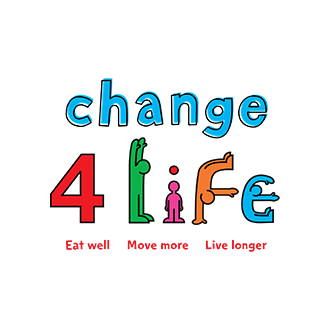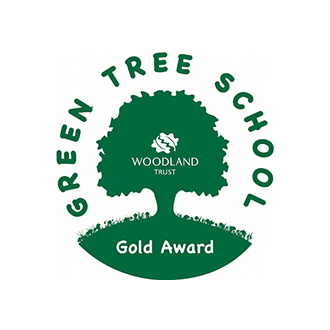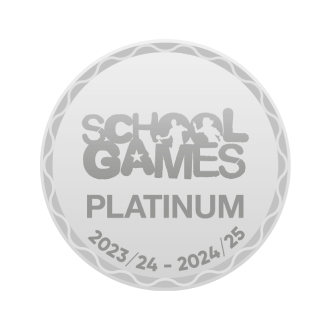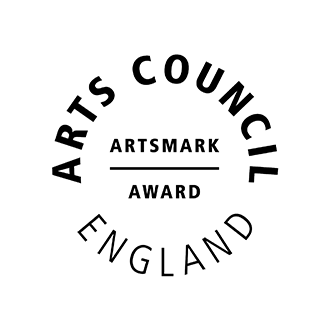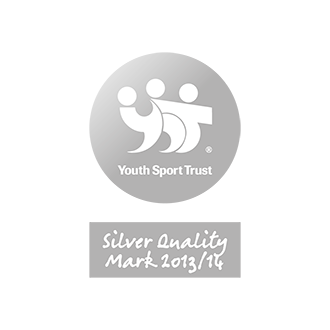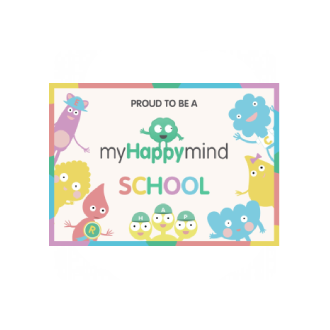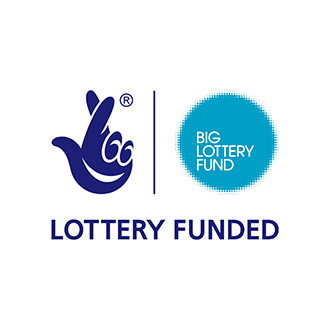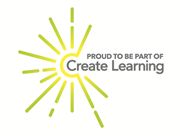French

Intent
The Modern Foreign Languages curriculum at our school aims to be fully inclusive for all. We have a clear rationale for teaching a foreign language. We strongly believe that the learning of a foreign language provides valuable and essential educational, social and cultural experiences for our children. As a result of our teaching, children should be inspired and encouraged to become a member of a multi-cultural society. Our aim is to provide excitement, enjoyment and challenge for children, helping to create enthusiastic linguists with a love of learning languages.
Our curriculum aims to support development of communication, including key skills of speaking and listening and extend their knowledge of how language works. The content of our MFL curriculum should enable our children to understand and respond to spoken and written language from a variety of authentic sources. As they progress through the curriculum, they should speak with increasing confidence, fluency and spontaneity, finding ways of communicating what they want to say, including through discussion and asking questions, and continually improving the accuracy of their pronunciation and intonation.
Alongside fluency in the spoken language, our children will become increasingly adept at writing within the language. They should be able to write at varying length, for different purposes and audiences, using the variety of grammatical structures that they have learnt and discover and develop an appreciation of a range of writing in the language studied.
The aims of teaching MFL in our school are:
- To inspire pupils’ curiosity and enthusiasm of language and other cultures.
- To encourage pupils to appreciate and understand the value of learning another language.
- To support children in the development of spoken and written language in French specifically.
- To provide ‘real life’, valuable sticky knowledge and skills that can be carried forward with them throughout the rest of their lives.

Implementation
To ensure teaching and delivery of Modern Foreign Languages is of consistently high standards, we implement a curriculum that is progressive, interesting and balanced. Our Key Stage Two year groups have a carefully considered curriculum focused around learning French. Each year knowledge and skills are embedded and built upon from Year 3 up to Year 6. To implement our curriculum intent, as a whole school staff we ensure that:
- Learning is assessed and checked frequently throughout the year to ensure that knowledge is progressive and children are able to build upon their prior knowledge effectively.
- Planning is adapted from the school Scheme of Work, Primary Languages Network to ensure that sequences of learning are appropriate for their cohort. The Scheme of work ensures that learning is progressive and meets the requirements of the National Curriculum.
- Teachers are able and encouraged to revisit learning from previous year groups to embed and secure knowledge before moving onto the next phase for their year group (particularly important in the recovery of learning after closure due to lockdown)
- Modelling of accurate pronunciation and tone is supported by the Scheme of work which provides sound clips of native French speakers, ensuring that high standards of speech are modelled the children.
- Opportunities to explore other cultures and languages are present within thematic learning approaches where learning can be linked to other curriculum areas, including PSHCE, Religious Education and Music.
- As school life returns to a more normal routine, focus days such as Languages day can be celebrated as a whole school, with Key Stage One being provided with opportunities to explore other languages although it is not compulsory.

Impact
Pupil Voice
Our ethos is focused on children producing high quality outcomes and participating in thought-provoking discussions where they are able to make sense of the world around them. Throughout our teaching and learning cycle, children are encouraged to discuss and share their thoughts, opinions and insights with each other and the wider school community. They are supported to articulate their responses and regular opportunities are provided for sharing and celebrating their findings and achievements. We believe that if children have become knowledgeable and skilful linguists, then they will be able to articulate their understanding with confidence. Within each MFL lesson, children spend a large majority working orally, developing their pronunciation and engaging in two-way conversations with their peers. Pupil voice is essential for assessing progress within MFL and therefore it is listened to regularly and pupils are encouraged to share their thoughts.
High-Quality Outcomes
Children record their work in their Languages folders and present cumulative outcomes in their Discovery books alongside working orally with peers. They work towards creating one or two high quality outcomes that embed and showcase their understanding within each unit of work. This slower approach to creating the final outcome pieces, allows for learning to be strenghtened and higher quality outcomes to be produced. Work in Discovery books is presented in highly creative ways and it allows opportunities for the children to express their artistic side and take ownership of their own work. When the children are involved in the process and allowed the time to complete their pieces of work to such a high standard, they feel proud and this further strengthens their interest. Our French curriculum is also celebrated and shared on our school twitter page @LittleLeighSch.











